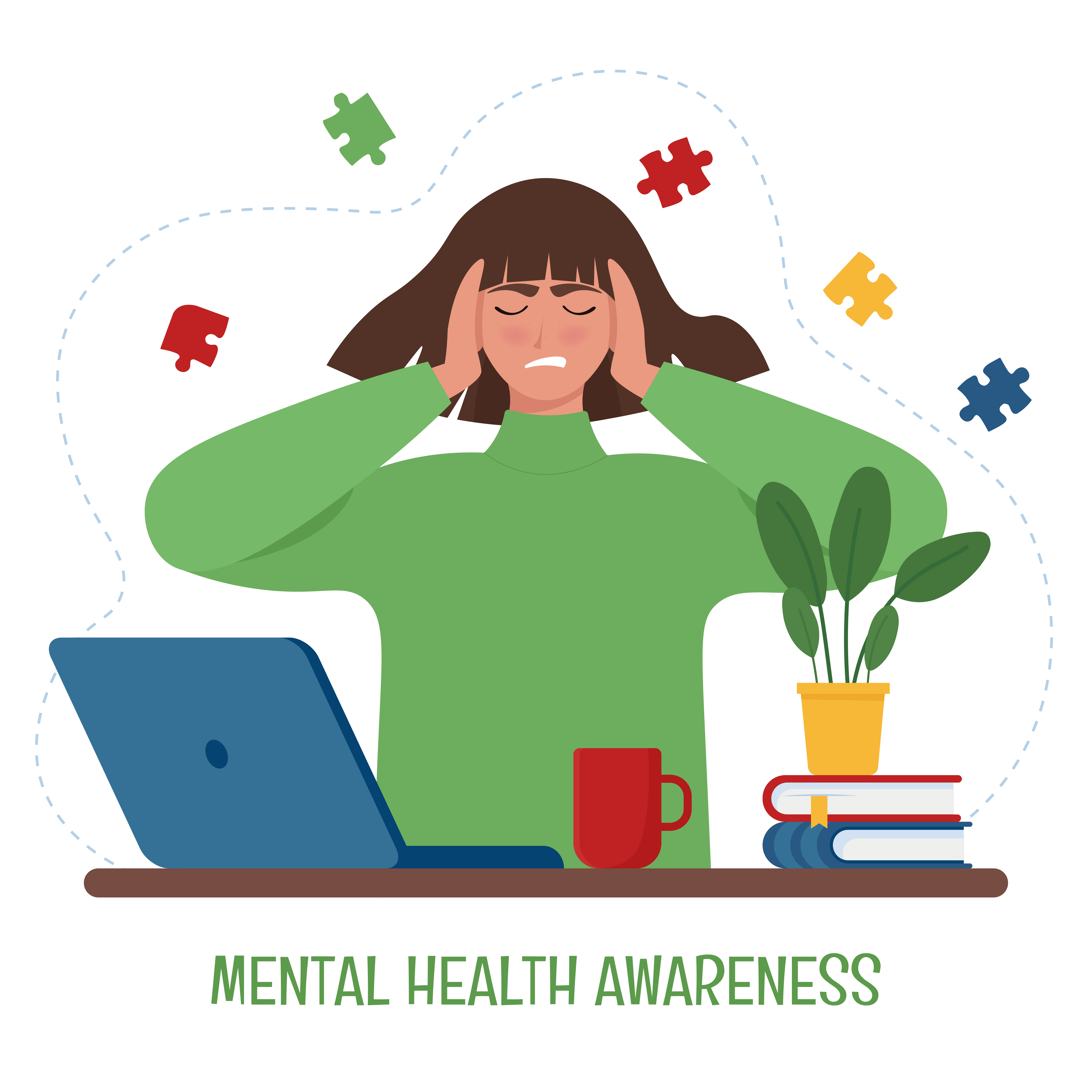
Meniere's disease is a chronic condition that affects the inner ear, leading to symptoms such as vertigo, hearing loss, tinnitus, and a feeling of fullness or pressure in the ear. While the physical symptoms of Meniere's disease are well-known, the emotional impact of the condition is often overlooked.
Living with Meniere's disease can be emotionally challenging, as the unpredictability of the symptoms can cause anxiety, stress, and depression. In this blog post, we will explore the emotional impact of Meniere's disease and provide some tips for managing the mental health aspects of the condition.
The Emotional Impact of Meniere's Disease:
The physical symptoms of Meniere's disease, such as vertigo and hearing loss, can be distressing in themselves. However, the emotional impact of the condition can also be significant. Many people with Meniere's disease report feeling isolated and misunderstood, as the condition is often invisible to others.
The unpredictable nature of the symptoms can also cause anxiety and stress. The fear of a sudden vertigo attack or hearing loss can lead to feelings of panic and apprehension. Additionally, the impact of Meniere's disease on daily activities, such as work or socializing, can lead to a loss of confidence and self-esteem.
Tips for Managing the Emotional Impact of Meniere's Disease
The symptoms of Meniere's disease can vary from person to person, but typically include:
Seek Support: It's essential to seek support from friends, family, or a mental health professional. Talking to others who understand what you're going through can help you feel less alone and provide an outlet for expressing your feelings. A mental health professional can also help you develop coping strategies and provide support during challenging times.
Take Control: While Meniere's disease can be unpredictable, there are things you can do to take control of your situation. For example, you can learn relaxation techniques such as mindfulness or deep breathing, which can help to manage anxiety and stress. You can also learn about the condition and work with your healthcare provider to develop a treatment plan that works for you.
Stay Active: Physical activity can be a powerful tool for managing the emotional impact of Meniere's disease. Exercise can help to reduce stress, boost mood, and improve overall health. Finding an activity that you enjoy can also provide a sense of purpose and help you stay connected to others.
Connect with Others: Connecting with others who have Meniere's disease can be a powerful way to feel less alone and find support. Online support groups or in-person support groups can provide a safe space to share your experiences, learn from others, and connect with others who understand what you're going through.
Consider Counseling: Talking to a mental health professional can be helpful for managing the emotional impact of Meniere's disease. Counselling can provide a safe space to process difficult emotions and develop coping strategies.
In conclusion, Meniere's disease can have a significant impact on mental health, leading to feelings of anxiety, depression, and isolation. However, with the right support and coping strategies, it's possible to manage the emotional impact of the condition and live a fulfilling life. If you're struggling with the emotional impact of Meniere's disease, it's important to seek support from friends, family, or a mental health professional. Remember that you're not alone, and there are resources available to help you manage the condition and maintain your mental health.